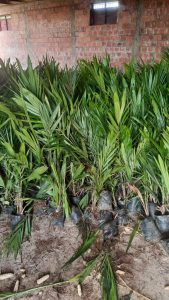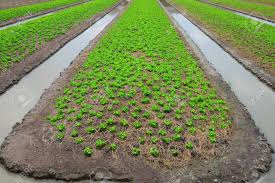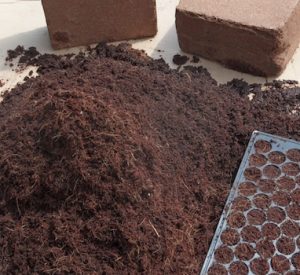Types of nursery for farmers and nursery management
Types of Nurseries for Farmers
As a farmer, choosing the right type of nursery for your plants is crucial for ensuring their growth and productivity. Here are some of the most common types of nurseries and their benefits:
1. Container Nursery: This type of nursery uses containers to grow plants, which makes it easy to move them around. Container nurseries are great for farmers who have limited space or need to move their plants frequently.
2. Bare Root Nursery: Bare root nurseries grow plants without soil, which makes them lighter and easier to transport. They are great for farmers who need to plant a large number of trees or shrubs in a short amount of time.

3. Field Nursery: Field nurseries are the most traditional type of nursery and grow plants directly in the ground. They are great for farmers who have a lot of space and want to grow their plants in a natural environment.

4. Greenhouse Nursery: Greenhouse nurseries use controlled environments to grow plants, which makes it possible to grow plants year-round. They are great for farmers who want to control the temperature, humidity, and light their plants receive.
By choosing the right type of nursery for your plants, you can ensure that they get the right amount of nutrients, water, and sunlight they need to grow healthy and strong.

Nursery Management for Plant Growth
Effective nursery management is essential for ensuring the growth and productivity of your plants. Here are some best practices for managing your nursery:
1. Soil Management: The soil is the foundation of your plants’ growth. Ensure that your soil has the right pH levels, nutrients, and moisture content to help your plants thrive.
2. Water Management: Water is crucial for plant growth, but too much or too little can be harmful. Monitor your plants’ water needs and ensure that they receive the right amount of water at the right time.
3. Pest and Disease Control: Pests and diseases can quickly destroy your plants if left unchecked. Use natural pest control methods and ensure that your plants are disease-free.
4. Plant Nutrition: Providing your plants with the right nutrients is crucial for their growth. Use organic fertilizers and supplements to ensure that your plants get the nutrients they need.
5. Temperature and Light Control: Different plants have different temperature and light requirements. Ensure that your plants receive the right amount of light and temperature to promote healthy growth.


